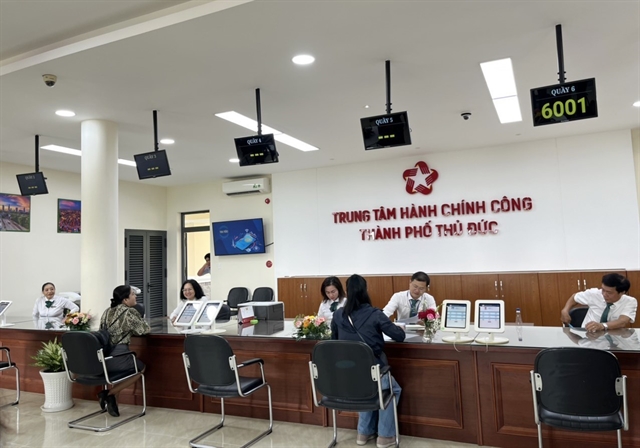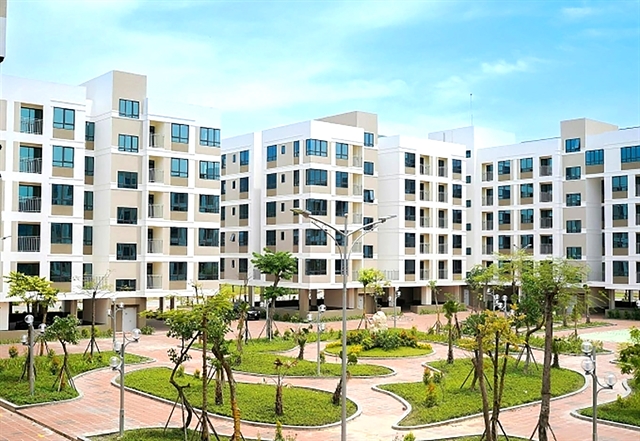 Economy
Economy

The State Bank of Việt Nam (SBV) will tweak monetary policy this year to help achieve the targets set by the Government and National Assembly.
 |
| The State Bank of Việt Nam will tweak monetary policy this year to help achieve the targets set by the Government and National Assembly.— Photo vietstock.vn |
HCM CITY — The State Bank of Việt Nam will tweak monetary policy this year to help achieve the targets set by the Government and National Assembly.
“The SBV will strongly focus on the stability of the economy, resolving businesses’ problems, controlling inflation, ensuring liquidity of credit organisations and stabilising monetary and currency markets,” SBV deputy governor Nguyễn Thị Hồng told media in HCM City yesterday.
It would follow a pro-active and flexible monetary policy, cutting interest rates and working in close conjunction with fiscal and other policies to control inflation and support economic growth, she promised.
“To achieve this year’s credit growth target, the SBV must closely align with the government’s macroeconomic policies … to make suitable adjustments from time to time.”
In the first half of this year credit focused on production (12 – 13 per cent growth in agricultural lending), automation and engineering (24 per cent), technology (20 per cent), supporting industries (21 per cent) and import-export (15.6 per cent).
“Lending in the second half of this year will focus on the Government’s priority sectors such as agriculture, exports, supporting industries, small and medium-sized enterprises, and technology firms.”
Head of the central bank’s credit department, Nguyễn Quốc Hùng, said: “Lending to risky sectors such as real estate, securities and consumption will be limited.”
In the first half of the year interest rates on loans to several priority sectors decreased by 0.5 percentage points to 4 – 5 per cent.
Việt Nam’s foreign reserves have risen significantly, and the SBV has said it would try to increase them further besides stabilising the forex market.
Outstanding loans have increased by 6.16 per cent this year.
At the end of last March bad debts in the banking system had fallen to 2.18 per cent.
Administrative reforms are continuing, enabling individuals and enterprises to approach the banking system. The Ministry of Internal Affairs in fact said recently that the banking sector was leading the index of administration reform.
This is the third consecutive year that the sector has topped the index. — VNS




